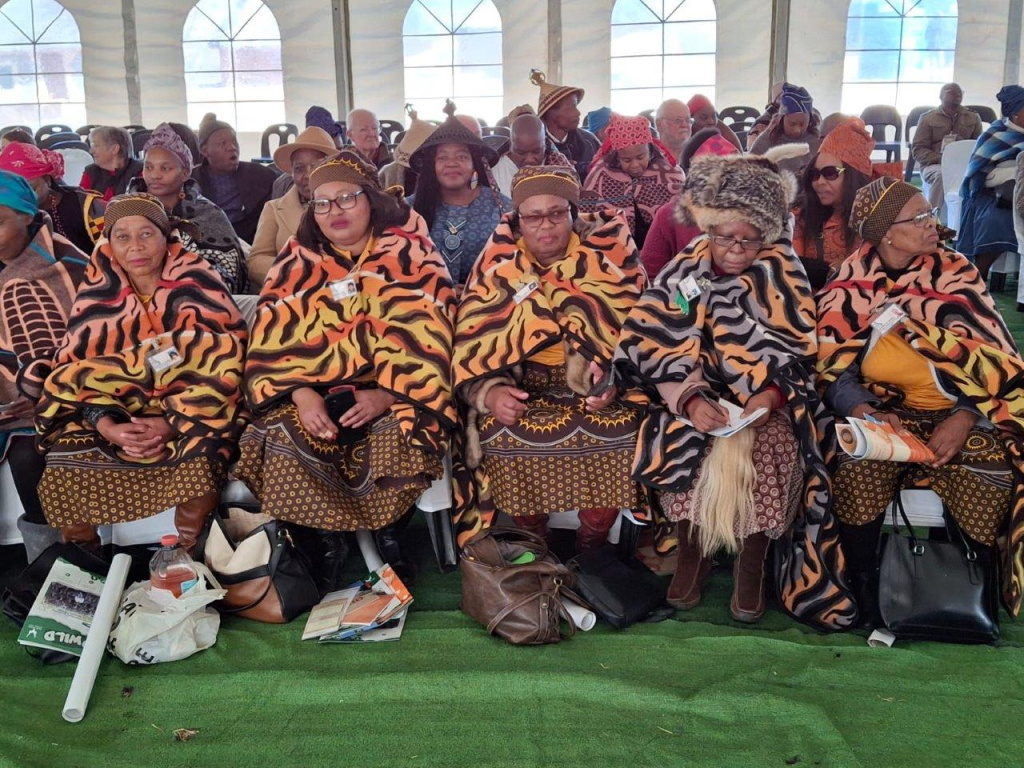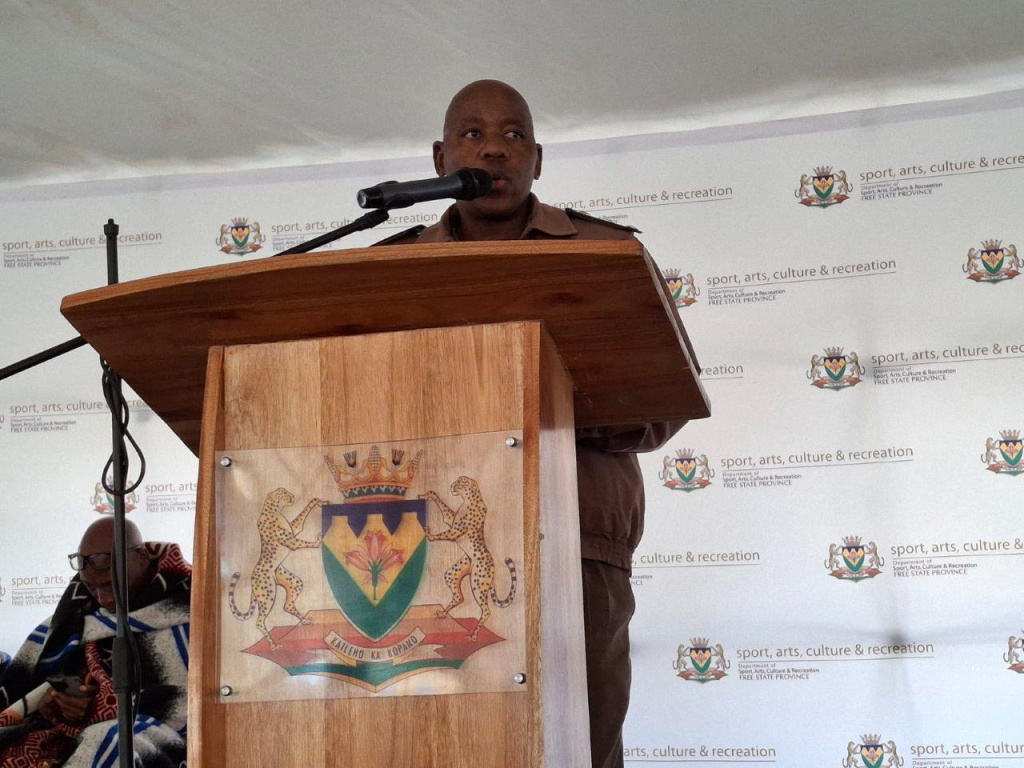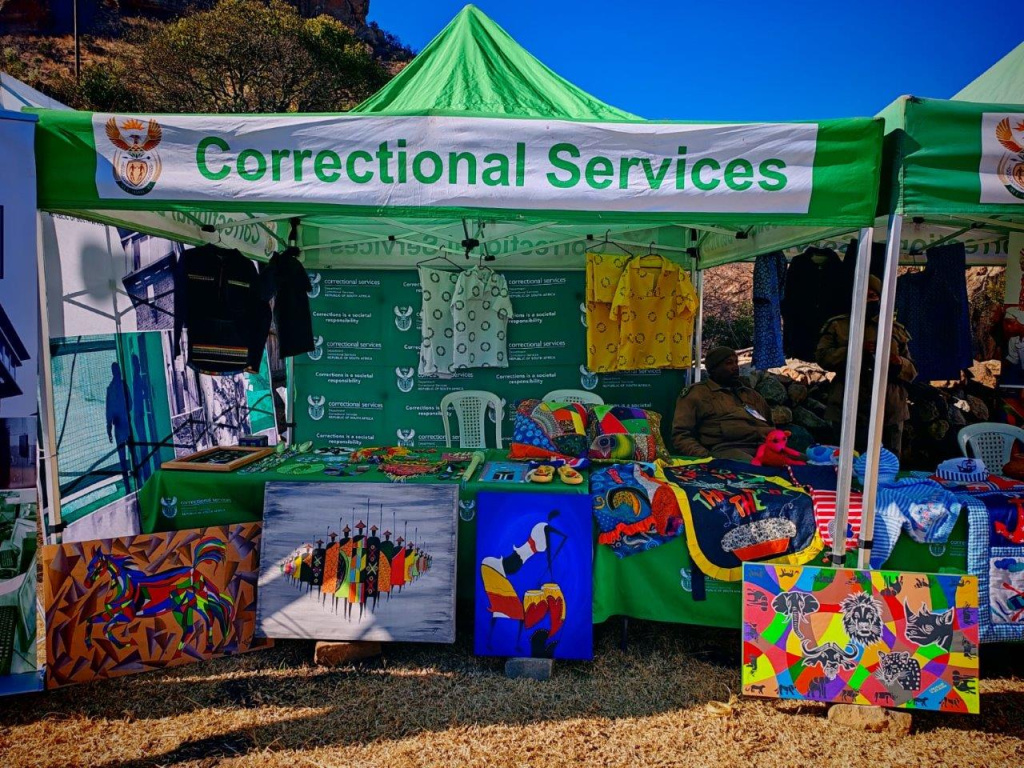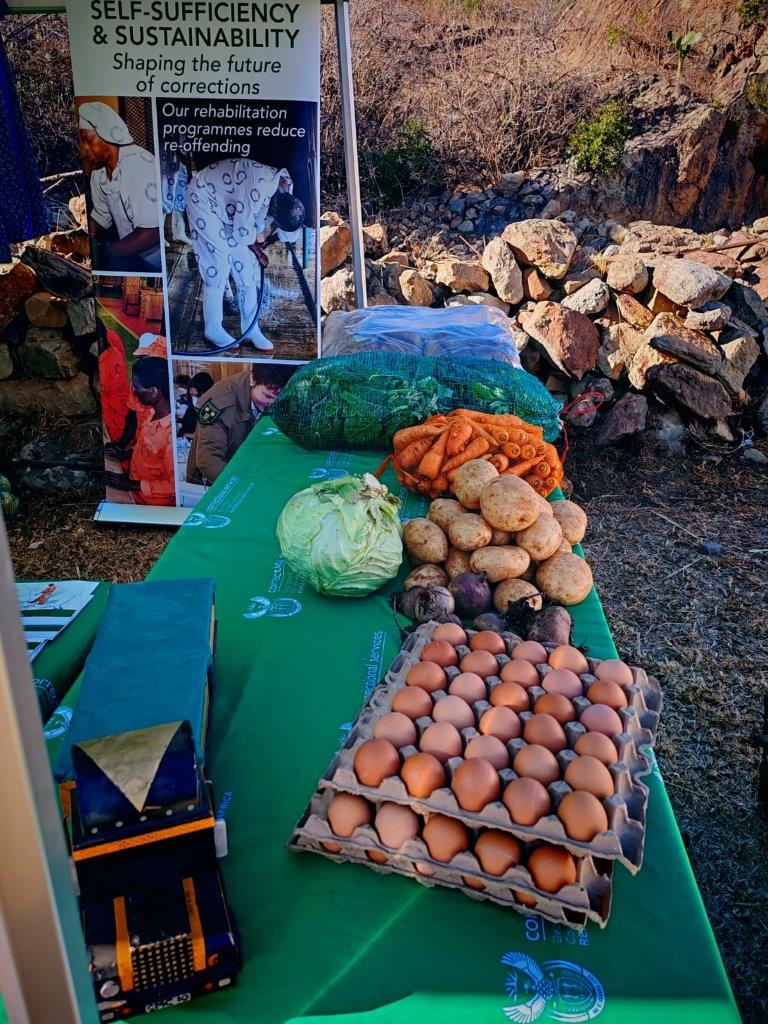
Located in the picturesque maloti mountains, the Basotho Cultural Village, situated just outside QwaQwa in the Eastern Free State, became a beehive of activities which characterized an array of festivities to mark the Basotho New Year. Unlike the Gregorian calendar from which the year starts on 01 January, the Basotho New Year starts from the month of August, which is called Phato in Sesotho.

Phato is known for its blowing winds and it being the month when the fields are cultivated and the first crop from the cultivation is offered as a sacrifice to Tlatlamatjholo (God). What was of great significance, specifically for this year’s festivities, was the fact that they coincided with the celebration of the formation of the Basotho nation 200 years ago.
Basotho New Year is celebrated annually after the last days of winter (Mariha) to give way to new life after the dry season. As a result, scores of Basotho, including other tribes, flock Basotho Cultural Village to celebrate and mark the start of the new year, and this year’s episode was no different.
As a key stakeholder and within the spirit of the District Development Model, the Department of Correctional Services was requested to play a meaningful role and contribute towards the success of this celebration. Hosted by the Department of Sport, Arts, Culture and Recreation, DCS was requested to provide offender labour to clean the Village and its surroundings, patch a tarred road leading up to the Village and assist with many other chores in the area.

In addition to that, and in sync with what the day signifies, DCS was also requested to set up an exhibition stall showcasing offender art, fresh produce from its fields, garments from its textile factories as well as other articles, such as those made from wood, glass and steel, from its production workshops.
Many attendees congregated at the DCS exhibition stall to learn more about the work it does, feasting their eyes on the beauty before them, and taking the opportunity to ask pertinent questions on a number of DCS services from which they may benefit.
As part of the formal programme, DCS was given space to talk to its service offerings through the Area Commissioner of Bizzah Makhate, Jacob Mbele. Mr Mbele spoke about the work of the Department, and how community members can give effect to the DCS mantra which says “Corrections is a Societal Responsibility”.
“We are humbly requesting community members to assist DCS in its mandate of providing secure incarceration of inmates, rehabilitating them and ensuring their effective social reintegration upon their release. Without community involvement, there is just no way we can ever be able to deal with this social malice called crime.
“Please give these parolees a second chance, allow them to contribute towards the economic growth and development of your own communities. They learn skills whilst serving their sentences in terms of our Skills Development Programmes, which will come in handy for both parties as they trade within the areas they live,” he pleaded.
He also spoke about the DCS poverty alleviation programme from which the community of Makholokoe a Morena Moloi were to benefit from the fresh produce on display.
Some of the day’s activities included horse riding, grand parade, recitation of poems and many other performances. Traditional Sesotho music and dance such as Mohobelo, Mmino wa koriana, Mokgibo, as well as narration of ancient Basotho stories and history were the order of the day. The day was sealed with a banquet of the Basotho traditional cuisines which included Dipabi, Dikgobe, Bohobe, Moroho and Motoho wa Mabele, among others.

Among dignitaries in attendance were the MEC for Sport, Arts, Culture and Recreation, Ntombizanele Sifuba; MEC of Health, Monyatso Mahlatsi; Executive Mayor of Thabo Mofutsanyana District Municipality, Cllr Conny Msibi; and the Executive Mayor for Maluti-a-Phofung Local Municipality, Cllr Malekula Melato.
The House of Traditional and Khoisan Leaders was also represented with Marena from Makholokoe a Morena Moloi; Batlokoa ba Mota ba Morena Montoedi; Batlokwa ba Mokgalong, Bakoena ba Morena Mopeli as well as Barolong Boo Seleka ba Kgosi Moroka.
